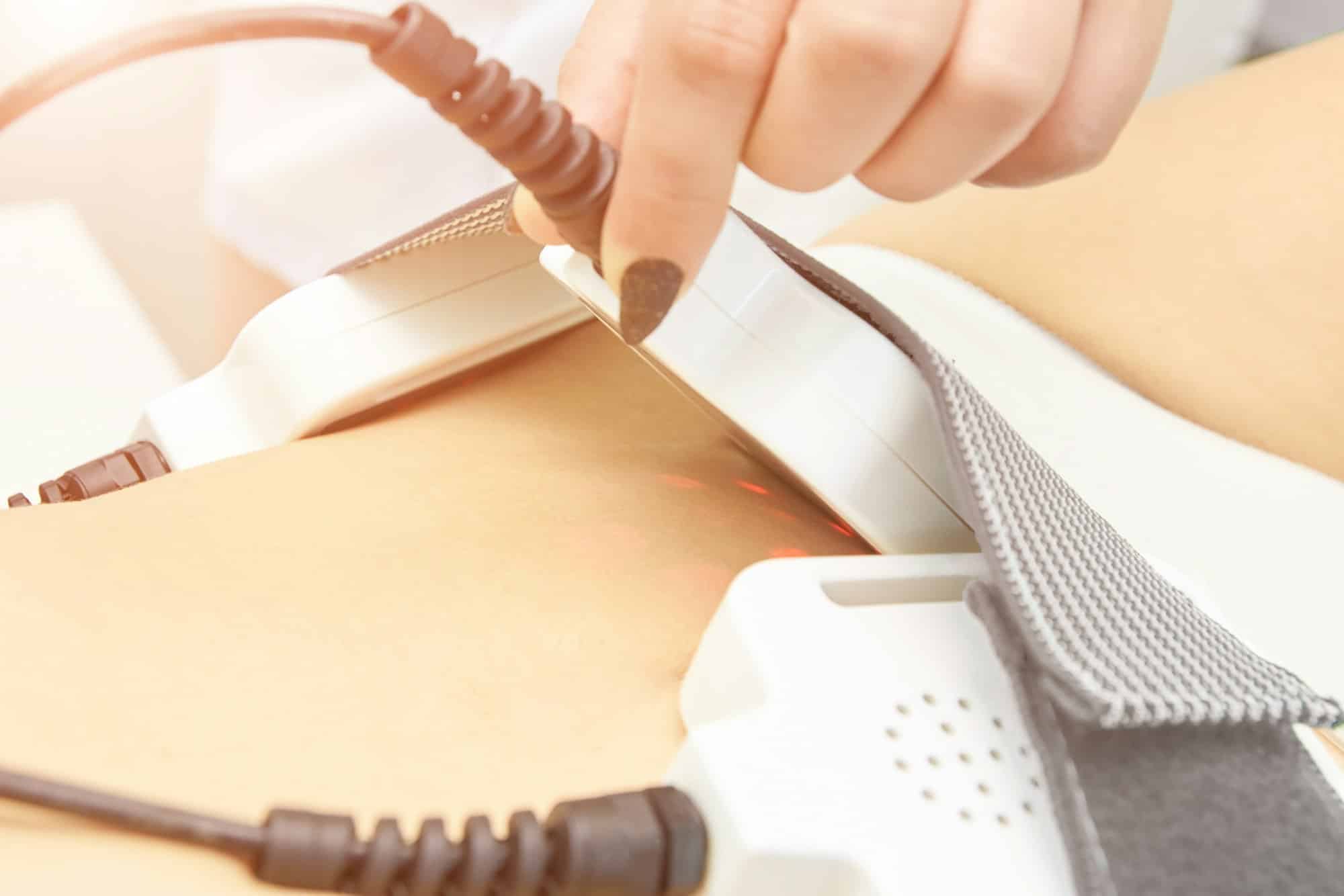In the world of mental health and neuroscience, a player has recently emerged from the wings and into the spotlight. It’s called the vagus nerve, and it’s making waves in the realm of depression and anxiety treatment. However, most people haven’t the faintest idea what it is.
To bring us all up to speed, let’s delve into what the vagus nerve is before we explore how its stimulation is revolutionizing treatment for chronic depression and anxiety. In this article, we’ll explore scholarly sources, including studies from PubMed, Google Scholar, Crossref, and more.
En parallèle : What Are the Specific Health Benefits of Consuming Fermented Vegetables?
The Vagus Nerve in the Spotlight
The vagus nerve is the tenth cranial nerve, extending from your brain stem down to your gut. It’s a colossal nerve with the most expansive role in the body’s parasympathetic nervous system. This system is responsible for our ‘rest and digest’ response, a fundamental contrast to the ‘fight or flight’ stress response.
The vagus nerve has been a topic of increased interest in recent years, and for good reasons. Multiple studies have shown that low vagal tone might connect to various mental health disorders, including depression and anxiety. Therefore, boosting this nerve’s activity could potentially alleviate these conditions.
A lire aussi : What Is the Role of Companion Animals in Managing PTSD Symptoms in Veterans?
Vagus Nerve Stimulation (VNS) and Its Role in Treatment
VNS treatment is an FDA-approved therapy for patients with drug-resistant epilepsy and depression. It works by delivering electrical pulses to the vagus nerve, which then sends signals to the brain regions involved in mood regulation.
Systematically, a device is surgically implanted under the skin in the patient’s chest. An electrical wire connects this device to the vagus nerve in the neck. The device then sends a regular electrical pulse to stimulate the nerve.
VNS is not a first-line treatment. It’s typically considered for patients who have not responded to at least four different antidepressants. In other words, VNS is a treatment for resistant depression.
The Science: Vagus Nerve Stimulation and Brain Response
Research into the impact of VNS on the brain is ongoing, but multiple studies have yielded promising results. According to one study published on PubMed and DOI, VNS has been shown to increase neuronal plasticity, which is essentially the brain’s ability to change and adapt.
A study on Google Scholar showed that VNS could also increase the release of certain neurotransmitters, which are the brain’s chemical messengers. This alteration in neurotransmitter release might contribute to alleviating the symptoms of depression and anxiety.
The Vagus Nerve and the Gut-Brain Axis
Interestingly, the vagus nerve also plays a chief role in the gut-brain axis. This is an area of research that investigates how the gut and brain communicate and influence each other. Given that the vagus nerve extends from the brain to the gut, it’s a key player in this communication channel.
Some research has suggested a link between gut health and mental health. For example, stress and depression have been associated with changes in gut microbiota. This leads to the question: could VNS impact mental health by influencing gut health?
Although the research is still in its early stages, some studies have suggested that stimulating the vagus nerve could influence gut bacteria and, in turn, possibly impact mental health. As this innovative field of research continues to grow, there’s a high possibility of uncovering more about the vagus nerve’s role in mental health.
The Potential of Vagus Nerve Stimulation
The idea of treating depression and anxiety by stimulating a nerve might seem almost too simple. Yet, the potential of this treatment method is undeniable. It offers a new hope for those with treatment-resistant depression and anxiety, a group that has historically been challenging to help.
As our understanding of the vagus nerve and its role in mental health continues to grow, the potential applications of VNS are expanding. This could lead to the development of more refined and effective treatment protocols, and ultimately, better outcomes for patients.
However, there’s still much to learn. Future studies will help us better comprehend how VNS affects the brain and the rest of the body. With a combination of scientific curiosity and patient-centric commitment, the future of VNS and its impact on mental health looks promising.
Vagus Nerve Stimulation: A New Dawn in Mental Health Care
With its substantial role in the body’s parasympathetic nervous system, the vagus nerve is crucial in exploring novel solutions for treatment resistant depression and anxiety. Current research, available in full text on Google Scholar, PubMed, and Crossref, suggests that Vagus Nerve Stimulation (VNS) could be a game-changer in mental health care.
VNS is a unique method of treatment that focuses on the stimulation of the vagus nerve, thus potentially regulating mood and alleviating symptoms of major depressive disorders. This stimulation is achieved by delivering electric pulses to the vagus nerve using a device surgically implanted in the patient’s chest.
VNS is not the usual treatment for any mental health condition. It is specifically designed for those with resistant depression, particularly patients unresponsive to a minimum of four different antidepressants. This makes it a beacon of hope for those grappling with treatment-resistant mental disorders.
Interestingly, the vagus nerve also plays a significant role in the gut-brain axis, a communication channel between the gut and brain. Some research, available on Google Scholar, has suggested that mental health could be influenced by gut health. Therefore, VNS, by possibly influencing the gut bacteria, could potentially impact mental health.
However, it’s vital to note that these studies are in their initial stages. As we delve deeper into this revolutionary field of research, there’s a high likelihood of discovering more about the vagus nerve’s role in mental health.
Conclusion: The Future of Vagus Nerve Stimulation in Mental Health
Vagus Nerve Stimulation (VNS) offers a ray of hope for those struggling with chronic depression and anxiety. Its potential in revolutionizing mental health care is undeniable, particularly for those resistant to the usual treatment methods.
According to studies available in full text on Google Scholar, PubMed, and Crossref, the stimulation of the vagus nerve could boost neuronal plasticity, thus potentially alleviating symptoms of depression and anxiety. Moreover, by possibly influencing gut health, VNS could also impact mental health, as per the gut-brain axis theory.
However, the broader impact of VNS on the nervous system and its long-term effects remain under investigation. As our understanding of the nervous system, and specifically the vagus nerve, continues to expand, the potential applications of VNS are also growing. This could lead to the development of more efficient treatment protocols, providing better outcomes for patients.
While the future of VNS looks promising, it requires continued research and an unwavering commitment to patient-centric care. By combining scientific curiosity and a patient-focused approach, we can unlock the full potential of VNS in mental health care, thus creating a brighter future for those battling chronic depression and anxiety.






